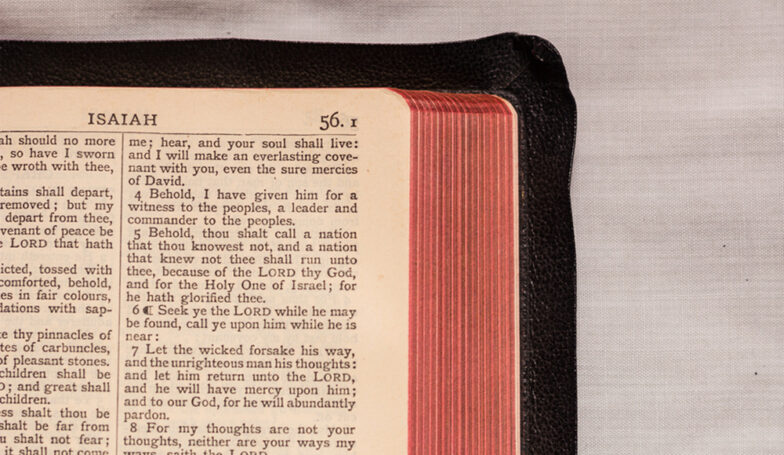Focusing on the Trinity Enhances Christian Devotion
Have you ever asked the specific question: Who is Jesus Christ?
According to historic Christianity, Jesus Christ is the God-man (a single person with both a divine and human nature). Through his divine nature, he is the Spirit-anointed Son of the Father. That means that as the Christ (meaning Messiah or anointed one), Jesus was uniquely anointed by God the Holy Spirit for his earthly Messianic ministry. And as the Son of God, Jesus’s Sonship is derived from being God the Father’s unique Son.
As Christian theologian Michael Reeves notes, “When you proclaim Jesus, the Spirit-anointed Son of the Father, you proclaim the triune God.”1
Thus Jesus Christ’s true identity is revealed through his relationship to the Spirit and the Father. So, theologically speaking you can’t have Jesus Christ without the Trinity. In light of this relationship, is it possible for Christians to fail to focus adequately on the Trinity in our theology and worship?
Interestingly enough, Yale historical theologian Jaroslav Pelikan, who was known as “The Doctrine Doctor,” said, “You evangelicals talk too much about Jesus and don’t spend enough time thinking about the Holy Trinity.”2
I don’t know if one can actually talk too much about Jesus, but I think Pelikan is correct that too many of us don’t spend enough time thinking about the Trinity. When we embrace the true identity of Jesus Christ, we are also introduced to the Trinity.
Trinitarian-Focused Worship
In my own experience, Pelikan seems to be correct in his assessment that evangelicals at times do not place the person of Jesus as the God-man in his proper trinitarian context. Now that certainly doesn’t mean evangelicals don’t affirm the Trinity, for they surely recognize its truth and doctrinal importance. But it’s possible to focus so much on Jesus that we fail to appreciate what his incarnational coming into the world reveals about his relationship to both the Father and the Holy Spirit.
One of the things that attracted me to the Anglican tradition is The Book of Common Prayer’s deep liturgical focus on the Trinity. In fact, being interested in and encouraged by God’s triune nature, in one Sunday morning service I counted 20 explicit references to the Trinity in the liturgy and that’s not counting formal hymns and the sermon.
The great contemporary Christian theologian J. I. Packer is said to have called The Book of Common Prayer the Bible arranged for worship.3 So in this extraordinary text of historic Christianity you get the major themes of Scripture arranged so you can recite, confess, and pray them while worshipping the triune God.
For those evangelical Christians who are leery about the use of liturgy in a church’s worship service, there’s no need to worry that The Book of Common Prayer replaces or competes with Scripture as God’s unique Word. Why? It’s estimated that The Book of Common Prayer is made up of about 85% biblical quotations.3 So The Book of Common Prayer is an ecclesiastical tool or instrument that uses Scripture for worship of the triune God.
I would add that a person doesn’t have to be Anglican to benefit from The Book of Common Prayer. It is readily available as a private devotional text. So if you want a devotional resource that will help you focus more on the Trinity in your life of faith, I invite you to get a copy of The Book of Common Prayer and read and pray through it. It’s one of historic Christianity’s masterpieces of theology. I use it as part of my personal devotional time as well as in my Bible studies.
Reflections: Your Turn
Have you used The Book of Common Prayer in your public or private devotional worship? If so, what do you think of it as a devotional resource?
Endnotes
- Michael Reeves, Delighting in the Trinity: An Introduction to the Christian Faith (Downers Grove, IL: InterVarsity, 2012), 37–38.
- This is from an interview between Jaroslav Pelikan and David Neff, former editor of Christianity Today. See “Q&A: Bishop Kallistos Ware on the Fullness and the Center,” Christianity Today, July 6, 2011, 41.
- See David Roseberry, The Bible Arranged for Worship: Our Book of Common Prayer, Anglican Compass, January 26, 2021.






